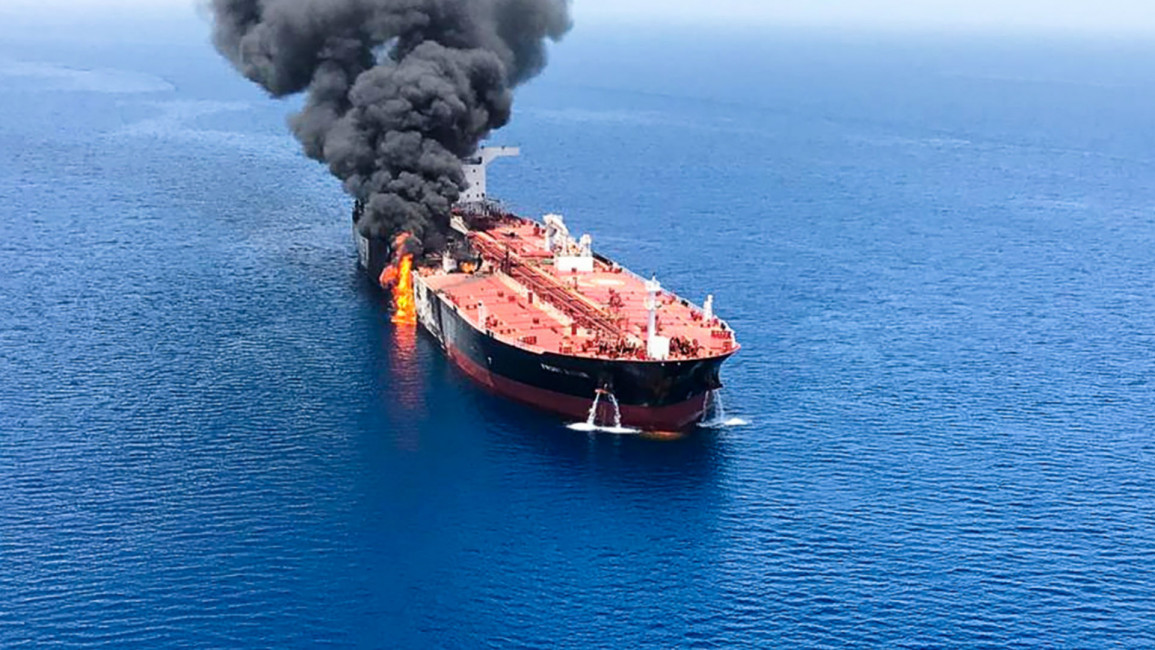US wants military coalition to protect strategic Gulf waters
Tensions in the area - through which nearly a third of the world's oil is transported - have spiked in recent weeks, with the US blaming Iran for multiple attacks on tanker ships in the region, and Tehran shooting down an American drone.
"We're engaging now with a number of countries to see if we can put together a coalition that would ensure freedom of navigation both in the Straits of Hormuz and the Bab al-Mandab," General Joseph Dunford, chairman of the Joint Chiefs of Staff, said in a video carried by the Reuters news agency.
"I think probably over the next couple weeks we'll identify which nations have the political will to support that initiative and then we'll work directly with the militaries to identify the specific capabilities that'll support that," Dunford said.
The US would provide "maritime domain awareness and surveillance," while ships would be escorted by the nations whose flag they carry, the general said.
US Secretary of State Mike Pompeo said last month that he hopes more than 20 countries, including the United Arab Emirates and Saudi Arabia, would work together on building maritime security.
"We'll need you all to participate, your military folks," Pompeo said.
"The president is keen on sharing that the United States doesn't bear the cost of this."
The initiative was triggered last month by Trump administration concerns that Iran was behind recent attacks on commercial ships in the Persian Gulf region.
Four ships, including three oil tankers, were damaged in sabotage attacks off the coast of the United Arab Emirates in May, while two more tankers, Norwegian and Japanese, came under attack in the Gulf of Oman on June 13.
The United States and Saudi Arabia have blamed Iran, which strongly denies the accusations.
Iran has long threatened to close the Strait of Hormuz, through which almost a fifth of the world's oil passes, if it was unable to export its oil, something US President Donald Trump's administration has sought as a way to pressure Tehran to renegotiate a deal on its nuclear program.
 |
|



